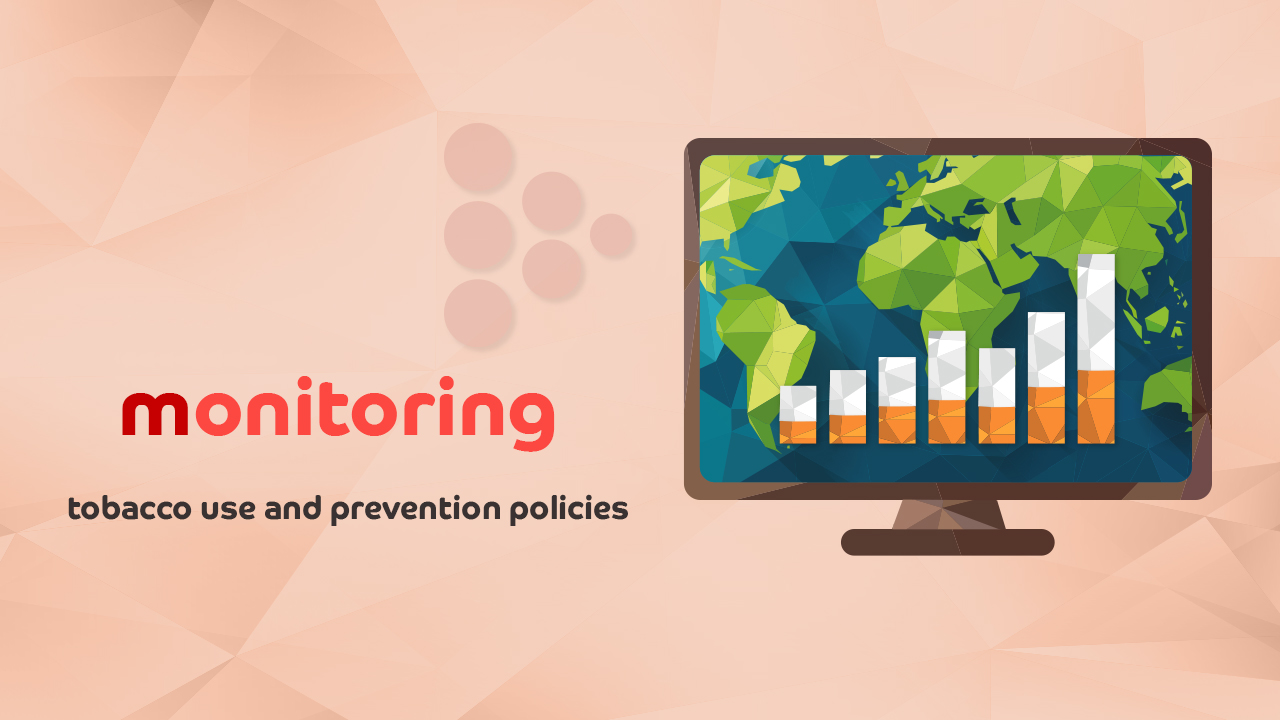
Context
On 12 May 2006, Kuwait ratified the WHO Framework Convention on Tobacco Control. To gather information on tobacco use within the country, national surveys were conducted in line with Article 20 of the WHO FCTC. By 2007, Kuwait became one of the first three countries in the Region to achieve the highest level of monitoring tobacco use, as measured by the WHO STEPS Survey (2006 and 2014) for adults and the Global Youth Tobacco Survey (2002, 2006 and 2009) for youth.
However, the data collected through WHO STEPS were limited to Kuwaiti adults and further data were required to fully understand the impact of tobacco on health in Kuwait. The absence of taxes led to lower prices and increased affordability of tobacco products, highlighting the need for continuous monitoring of tobacco use. Additionally, specific interventions were necessary to ensure the ongoing collection of reliable data for tobacco monitoring in the country.
Initiative
Under the National Tobacco Control Programme, efforts were made to ensure sustainable data collection in both the surveys for adults and youth. The following initiatives were taken:
The Undersecretary of the Ministry of Health took charge of a committee and determined that the School Health Department, in collaboration with the focal point for tobacco control would be responsible for conducting the Global Youth Tobacco Survey.
The funds for conducting the Global Youth Tobacco Survey were allocated through the National Development Plan Budget, overseen by the National Health Survey Committee.
A separate budget was allocated specifically for conducting repeated surveys among adults.
The National Health Survey recognized the importance of incorporating the WHO STEPS Survey as part of the National Health Statistics.
Challenges and lessons learnt
Encountering administrative challenges, one of which was linking the survey to a specific department rather than the overall programme, posed difficulties. The National Tobacco Control Programme and the School Health Department experienced changes in personnel, disrupting the planning and implementation process and causing delays in following the predetermined steps. While some delays could be tolerated, there was a risk of losing the allocated budget by the end of the fiscal year and missing the appropriate timeframe for conducting a school-based survey.
However, the key to overcoming these challenges lay in intersectoral collaboration. The collaboration between multiple sectors within the Ministry of Health, including the National Tobacco Control Programme, the School Health Department and the Preventive Medicine Department, along with the Ministry of Education, played a pivotal role in ensuring the successful execution of the 2016 Global Youth Tobacco Survey.
Impact
The effort made to ensure the ongoing surveillance of tobacco use among youth was of significant importance. This effort was crucial for the effective development of appropriate policies in this regard.
Next steps
Moving forward, the continued collaboration among various sectors within the Ministry of Health will remain instrumental in maintaining the monitoring of tobacco use among youth. Furthermore, plans are underway to repeat both the WHO STEPS Survey and the Global Youth Tobacco Survey in 2020.
References
Global Tobacco Surveillance System
MPOWER measures to reduce demand for tobacco
STEPS country data and reports
WHO Framework Convention on Tobacco Control
Story originated in 2019.


